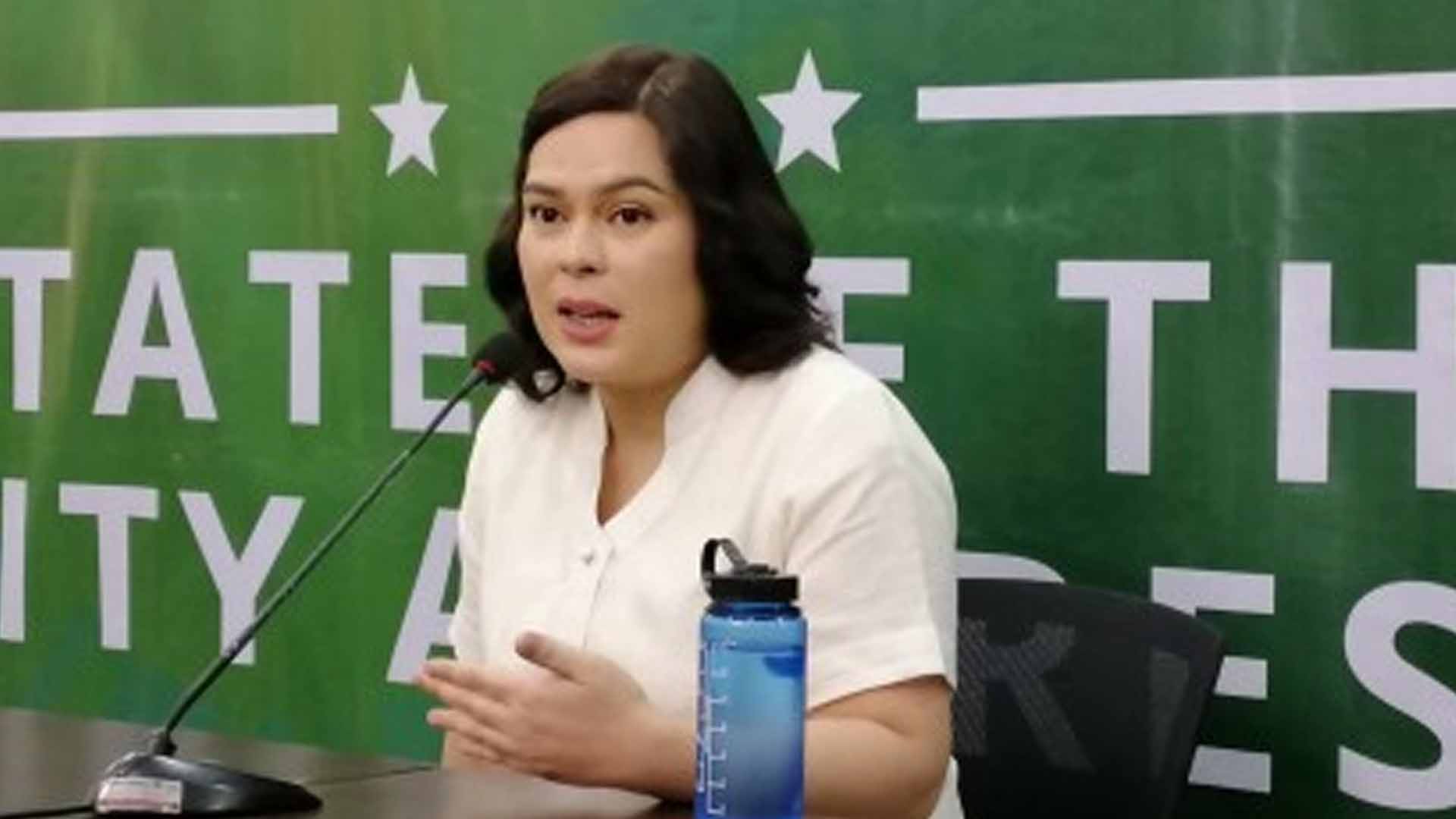While the song “Manila” is catchy, the organizers of the 30th Southeast Asian Games should have selected an entrance theme that reflected not just the Philippine capital but the entire country, Malacañang said.
Presidential Spokesperson Salvador Panelo agreed with Davao City Mayor and Presidential Daughter Sara Duterte’s criticism that the song selection should have been more “inclusive” since athletes were from different parts of the country.
“Perhaps because of the title ‘Manila’ itself, then she would be right it does not represent the entire Philippines,” Panelo said in a Palace briefing.
“The mayor is right. We have to have a song that will reflect not only Manila but the entire Philippines — Luzon, Visayas, and Mindanao,” he added.
Panelo urged Filipino songwriters to compose songs that depict all parts of the country to make sure every Filipino can relate to it.
‘Yung mga songwriters are being alerted na gumawa ng song na medyo catchy din and then sasabihin mo ‘yung mga peculiarities ng mga lugar (Songwriters should be alerted to compose songs that are catchy and narrate the peculiarities of a certain place),” Panelo said.
“Kasi ‘yung kantang ‘yun parang Maynila lang ang applicable eh (Because that song is only applicable to Manila),” he added.
Panelo, however, said he understood why the organizers opted to use the song due to its “popularity.”
“It seems that ‘Manila’ was used because that is the most popular song in relation to the Filipinos,” the Palace official said.
“Apparently, the people there, the crowd there liked it, laughed it up. They were all dancing, I was also dancing, all of us,” he added.
He said President Rodrigo Duterte himself was seen swaying to the beat of the song which was popularized by the band Hotdog in the 70s.
Earlier, the President’s daughter, who hails from Mindanao, questioned why organizers chose a song as it was not representative of the entire country.
“Di po ba Philippine flag ang dala (Aren’t the athletes carrying the Filipino flag)? Why would you play the song Manila? Did Lapu-Lapu die for Manila?” Sara said in an Instagram post.
“We should be inclusive when we want to encourage our countrymen to cheer,” she said, insisting that it was not enough an excuse for the song to be “upbeat” and “danceable.”
Philippine Southeast Asian Games Organizing Committee (PHISGOC) chief operating officer Ramon Suzara, however, refuted the mayor explaining the meaning of the song applied to all Filipinos.
“The song depicts not only Manila, but the whole (of) Filipinos. Every time we go out of the country, they always think about Manila as a capital,” he said. (PNA)








